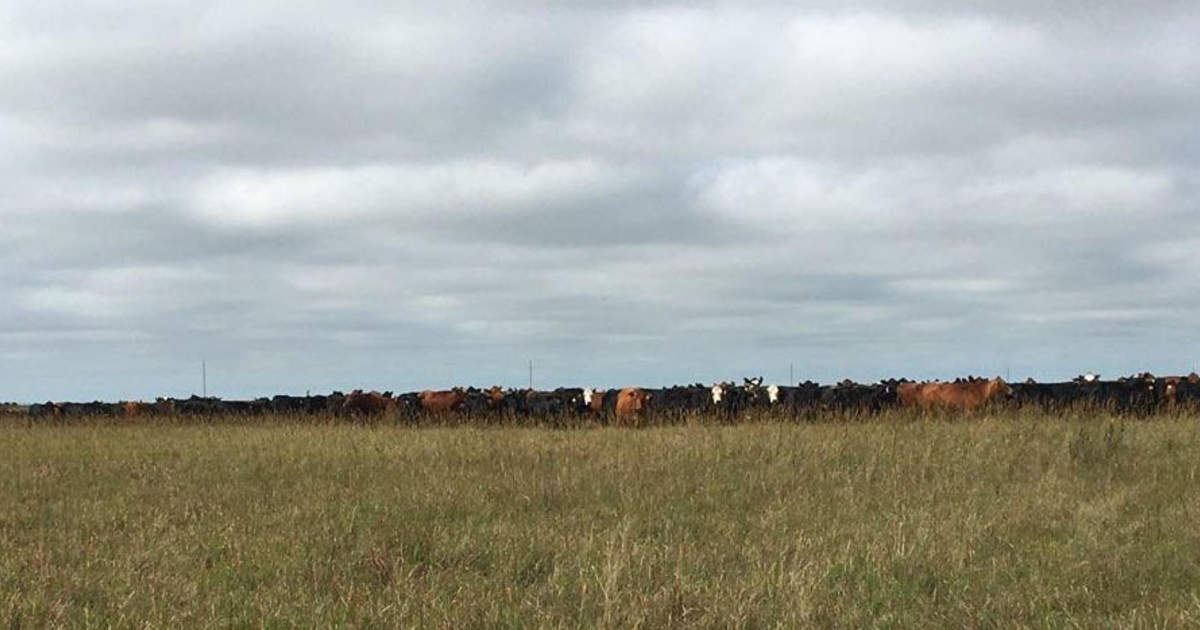GoWyo
Well-known member
I have watched this thread with some interest. I study cow behavior of my own cows and the neighbors, friends, etc. The cow handling kind of goes with how you train your cows to handle. Mine will come running and pen up no problem in the winter when we are either feeding cake or hay. Once the grass comes on, they don't care if I have cake or grain or anything else. They are happy right where I find them and I have to put stress on them to move them anywhere. Stress is put on by horseback, usually. At AI time they get kind of sour about being gathered. I can gather 70 head by myself then, but they just don't want to go anywhere, so two riders is better. I would use a dog, but don't have enough work for one except about 10 days per year. So, I have used a longe whip horseback just to provide a little more momentum. Once AI breeding is done they go to summer pastures and we gather them horseback when we need to get something in and they are not watering at a trap (about half our lease pastures have water in a pen and some are just tanks in the pasture). Our cows are only "callable" in the fall/winter.
The summer grazing "herd" mentality is interesting. I have had 25-30 pairs on a 700 acre lease pasture in the summer. My observation is that the herd stays together pretty much. Occasionally a little bunch will split off or get left behind. Then the bull has to work both bunches. I do prefer when they all stick together. I do observe which grass species they are chasing throughout the summer and fall -- that is always interesting watching warm season and forbs come into play if we get some July or August rain.
The summer grazing "herd" mentality is interesting. I have had 25-30 pairs on a 700 acre lease pasture in the summer. My observation is that the herd stays together pretty much. Occasionally a little bunch will split off or get left behind. Then the bull has to work both bunches. I do prefer when they all stick together. I do observe which grass species they are chasing throughout the summer and fall -- that is always interesting watching warm season and forbs come into play if we get some July or August rain.

